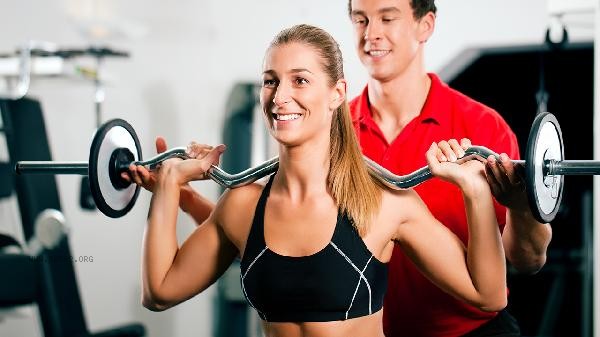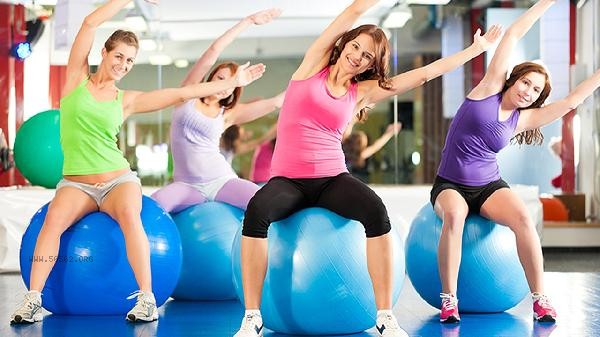The dietary recommendations before and after fitness are mainly carbohydrates and proteins. Before fitness, easily digestible foods such as bananas and oatmeal can be chosen. After fitness, it is recommended to supplement protein such as chicken breast and whey protein, as well as carbohydrates such as sweet potatoes and brown rice. Reasonable combination can help improve athletic performance and promote muscle recovery. Eating 1-2 hours before exercising should mainly consist of fast acting carbohydrates, paired with a small amount of protein. Bananas are rich in potassium and natural sugar, which can prevent electrolyte loss during exercise and provide instant energy. Oatmeal contains slow-release carbohydrates and dietary fiber, which can maintain blood sugar stability. Whole wheat bread paired with peanut butter can simultaneously replenish carbohydrates and healthy fats, making it suitable for consumption before low-intensity training. Within 30 minutes after exercising, it is the golden window for nutritional supplementation, and it is important to focus on supplementing protein and moderate carbohydrates. As a high-quality protein source, chicken breast meat has an amino acid composition close to the human body's requirements. Whey protein powder has a fast absorption rate and can quickly initiate muscle repair. Sweet potatoes and brown rice belong to low glycemic index carbohydrates, which can smoothly supplement muscle glycogen. Greek yogurt provides both protein and probiotics, which can help restore gastrointestinal function after exercise.

Fitness enthusiasts should adjust their diet ratio according to the intensity of their training. After strength training, the protein requirement is relatively high and can be appropriately increased to around 1.5 grams per kilogram of body weight. After aerobic exercise, it is important to pay attention to carbon and water supplementation, with a ratio of about twice that of protein. Pay attention to avoiding high-fat and difficult to digest foods within 2 hours before and after exercise, and replenish water in a timely manner by adding a small amount of electrolytes. Long term fitness enthusiasts are advised to undergo regular body composition testing, dynamically adjust protein intake based on changes in muscle mass, and ensure intake of vegetables and fruits to meet their micronutrient needs.









Comments (0)
Leave a Comment
No comments yet
Be the first to share your thoughts!